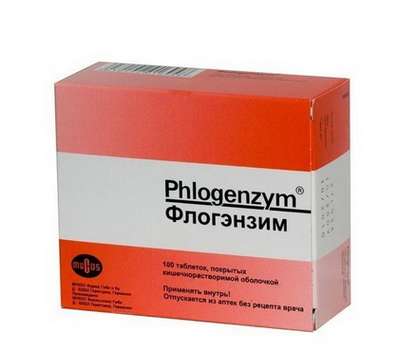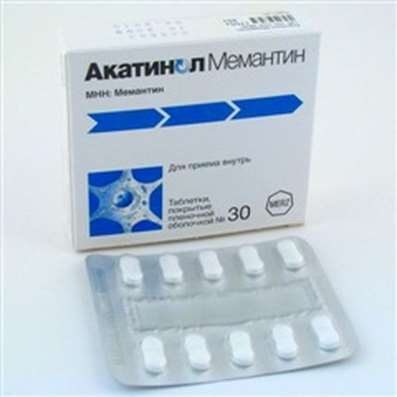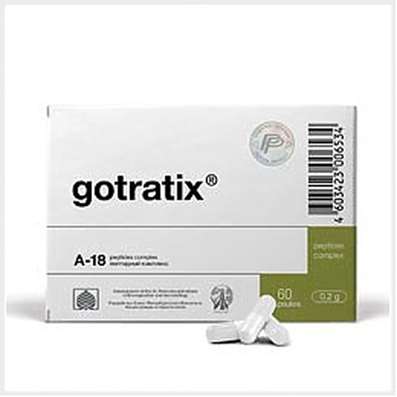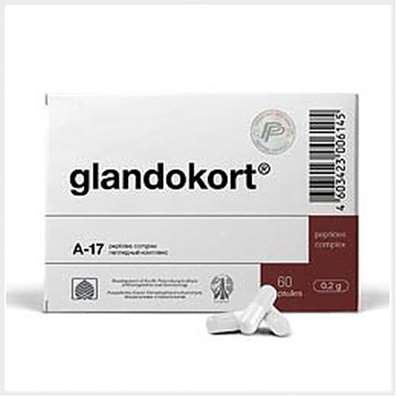Biocompatible Nanomaterials
06 Nov 2016
The biologist Dr. Doping tells about artificial skin, blood vessels from the proteins of web and biodegradation of materials management. What are biocompatible nanomaterials? How can obtain the film of tiny fibers to create artificial skin? And because of that make artificial blood vessels?
If you scald, you have a burn of varying degrees of severity. There is a need to protect this place, because as long as your skin is restored, the place has undergone a burn can be easily subjected to infection or other destructive factors. But artificial skin must possess certain properties, for example, the film has to pass liquid easily, so that you can easily handle the wound, it should be easy to pass the gases, but at the same time it should not pass bacteria and microorganisms to sepsis has not occurred.
If you want to improve blood vessels, you need to buy Cytamins Vazalamin bioregulator of blood vessels, Peptides (Cytogens) Vezugen, Peptides (Cytomax) Ventfort.
At the State Research Institute of Genetics and Selection of Industrial Microorganisms of our colleagues have received the recombinant spider silk proteins, and we, in turn, of these proteins web obtained nanostructured materials, including nanowires and one film. If you position such films on some cylindrical carrier, they can be converted into the tube. And these tubes can be used as an artificial vessel or various catheters that can be used in surgery.
Biocompatibility inherently are coming with biodegradability. It would be interesting to learn how to manage those artificial systems that you create, so that the introduction into the body are slowly replaced on its own tissues. This situation would be perfect. Choose a time of disposal of a structure of a polymer in the body, to the time that the body needs to renew cells, to coincide with the time of degradation of the material.

 Cart
Cart





